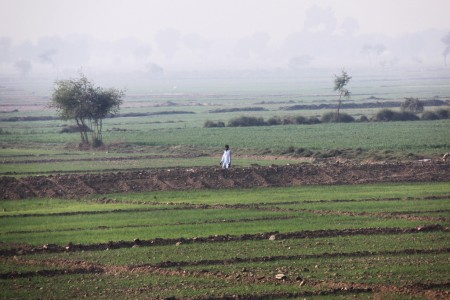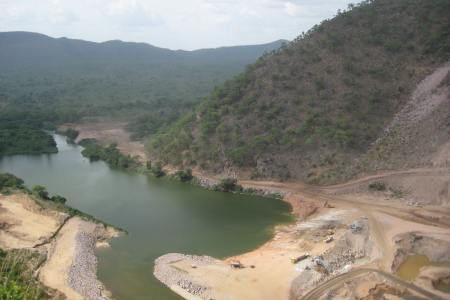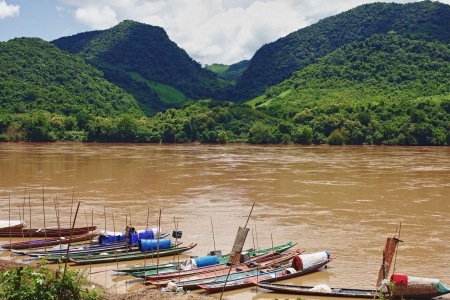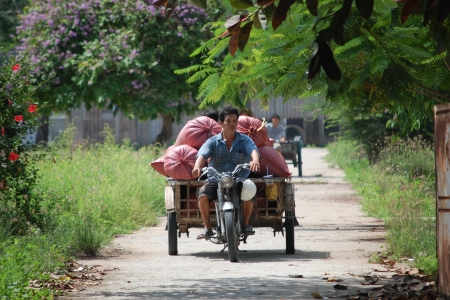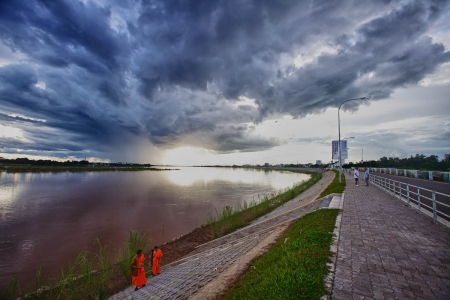The Indus River basin – shared by Afghanistan, China, India, and Pakistan – provides critical water resources for the more than 268 million people who call it home. These resources are also key to the economic development and environmental health of the region, but rapid changes, such as population growth, urbanization, and climate change are exacerbating the basin’s already stressed natural resources. If the Indus is to continue to provide important ecosystem and livelihood services to those within and beyond its boundaries, development must be undertaken in a cooperative, equitable and sustainable manner.
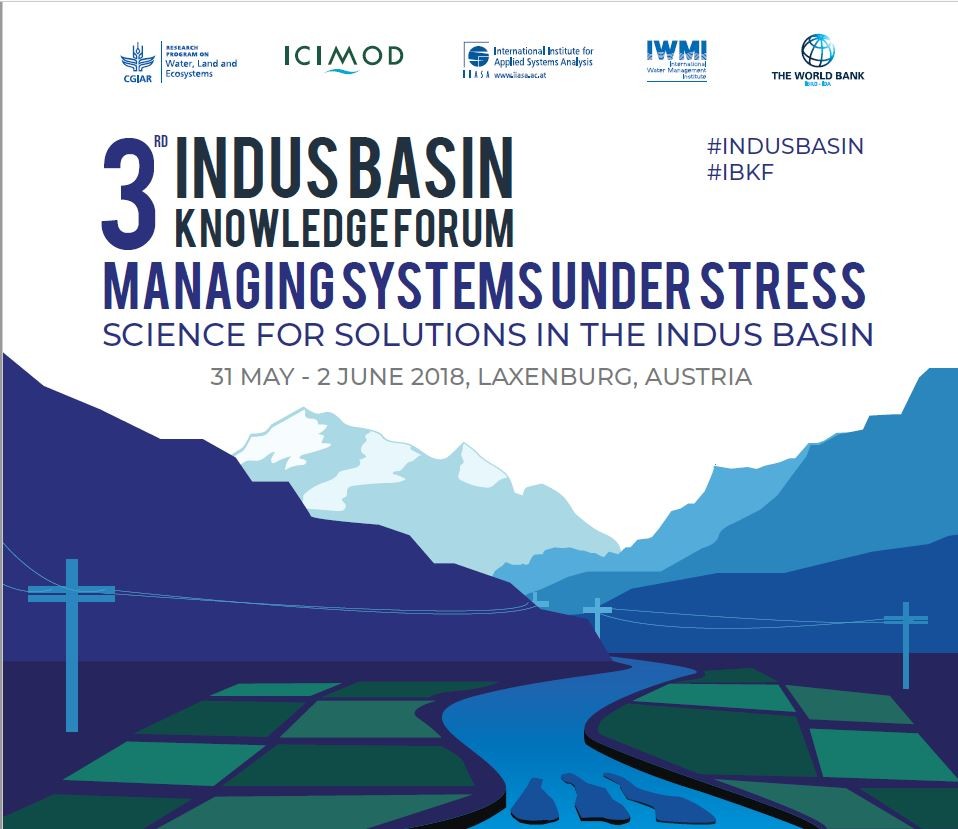 In order to ensure this trajectory, it is important to build a shared understanding of the challenges facing the Indus, and to establish a baseline of knowledge in order to respond to future impacts. Made accessible to all, such a baseline can improve basin management and be a valuable policy making tool and public good.
In order to ensure this trajectory, it is important to build a shared understanding of the challenges facing the Indus, and to establish a baseline of knowledge in order to respond to future impacts. Made accessible to all, such a baseline can improve basin management and be a valuable policy making tool and public good.
The Indus Basin Knowledge Forum (IBKF) builds on several previous meetings and initiatives – the Indus Forum, the Upper Indus Basin Network, and the Global Environment Facility-funded Integrated Solutions for Water, Energy and Land Project (ISWEL). The aim of the IBKF is to bring together researchers and policy makers from the four countries in the basin and beyond to share knowledge, and advance collaborative efforts for sustainable resource management.
This third meeting of the IBKF will carry forward outcomes from the last forum, which was held in Colombo, Sri Lanka, during July 2017. Co-convened by the International Centre for Integrated Mountain Development (ICIMOD), the International Institute for Applied Systems Analysis (IIASA), the International Water Management Institute (IWMI) and the World Bank, the IBKF aims to further strengthen the connections among those working in policy making, research and knowledge generation.
See a multimedia overview of last year’s event, including interviews with participants.
Follow the event on twitter using #IBKF.
Parts of the event will be live-streamed.

